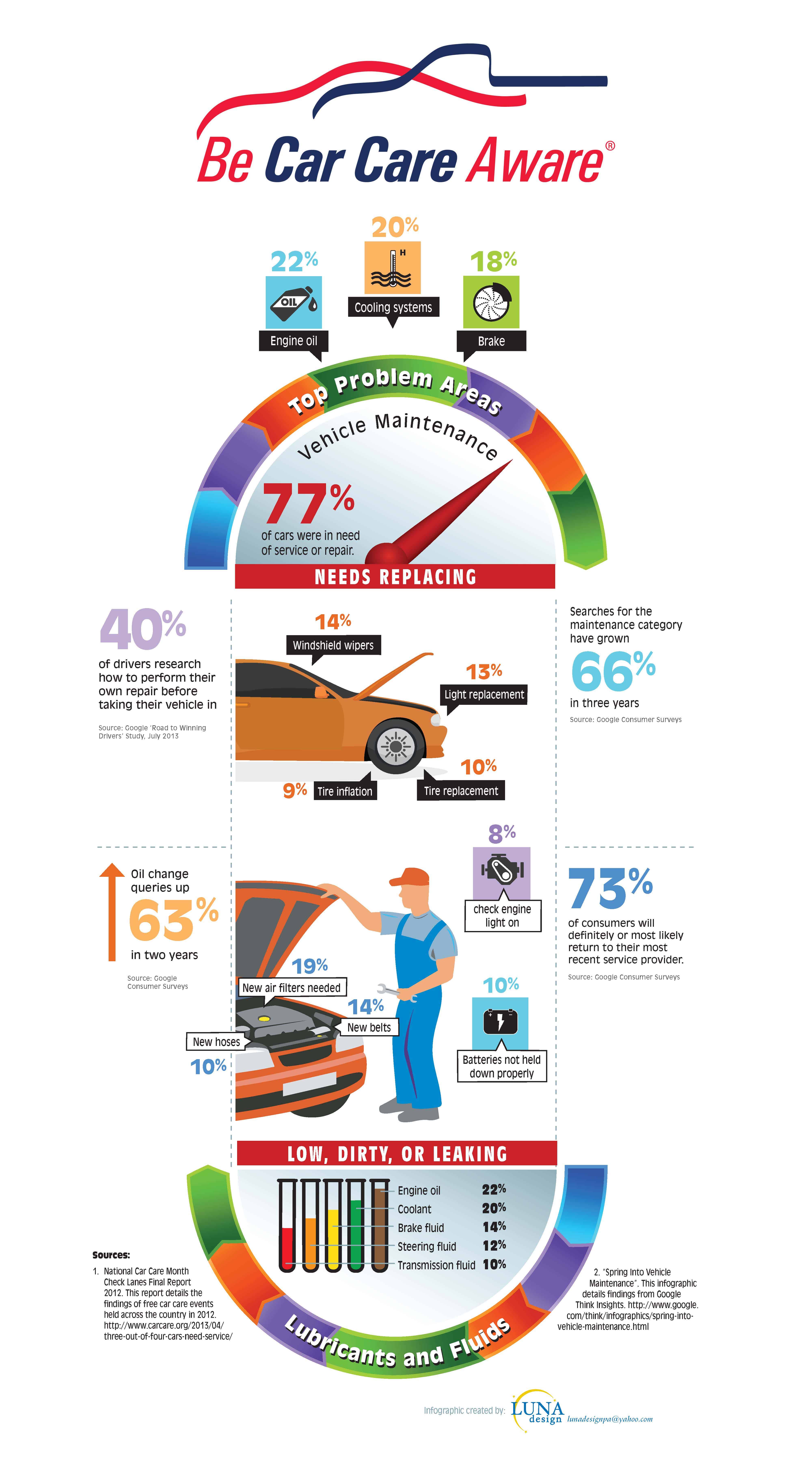Heatpump Vs Heater - Which Is The Better Heating Choice For Your Home?
Heatpump Vs Heater - Which Is The Better Heating Choice For Your Home?
Blog Article
Writer-Rosenthal Aldridge
Numerous homeowners recognize with furnaces, which warmth homes with oil or natural gas and press hot air through ductwork. They are reasonably affordable and can give trustworthy heating also throughout a wintertime power blackout.
Nonetheless, they make use of nonrenewable fuel sources and create carbon monoxide and other air contamination. They also aren't as energy-efficient as a high-efficiency heatpump.
Cost
Typically, heat pumps are much more affordable to run than heating systems. They typically make use of electrical power and refrigerant to essence warm from outside air, and then move it right into your home. You can capitalize on less expensive electrical energy prices during off-peak hours to better lower your home heating expenses.
Unlike heatpump, gas or wood-burning heaters use burning to generate warmth, releasing flue gases into the atmosphere that can be damaging to your wellness. These heaters are likewise less energy-efficient than heat pumps, and their greater operating expense can build up gradually.
Heaters are more challenging than heatpump and call for routine upkeep to guarantee the proper feature of all parts. Regardless of this, they have a tendency to last longer than heat pumps with a typical life expectancy of two decades or more. Nonetheless, you'll need to factor in the expense of gas, fuel oil or timber and the extra tools required for installment and operation such as ducts and ventilation systems.
Power Performance
Heat pumps have a higher energy effectiveness ranking than heaters. These systems utilize power to scavenge heat from the air, also in freezing temperatures. https://www.cleveland.com/metro/2020/07/coronavirus-coupled-with-a-heatwave-means-air-conditioner-repair-parts-are-harder-to-come-by.html can likewise get rid of excess warm from the home during warmer months and reuse it to cool the system. copyright experts can help you identify the most effective model for your home on climate and source power prices.
Heaters shed gas oil, lp, gas or other kinds of fossil fuel to heat the air in the home. This air is after that dispersed via ductwork utilizing a huge follower. Furnaces generate greenhouse gases and require regular upkeep and tools upgrades to make certain safe operation.
The most significant advantage of a furnace is that it can be run also in severe winter season problems due to the fact that it does not rely upon outdoor temperatures to warm up the air. Heaters likewise have a longer life expectancy than heat pumps and generally last 15 years. They can additionally be paired with double fuel options, which choose the most reliable heating choice based upon the weather.
Climate
Heatpump work well in moderate climates and make use of less resource energy than heating systems. Nonetheless, if your region is exceptionally cool, you may need to buy a common gas heater rather.
Furnaces offer cozy, relaxing warmth and generally use quick heating to raise interior temperatures. These systems can be used with a selection of fuel types, including natural gas, lp, oil or power.
They eat much more energy than heatpump-- approximately 3x as much-- and need ductwork that's expensive to install or retrofit. They're additionally much more expensive to preserve, as they can cause air high quality problems and generate greenhouse gas exhausts.
If you're committed to lowering your carbon footprint, a heat pump is a great selection for your home. They have less greenhouse gas exhausts than furnaces, especially if you pick an ENERGY STAR ® heatpump. Your regional Service provider professional can explain the distinctions in between these 2 heating unit and help you make the very best decision for your special needs.
Personal Preferences
Heating systems can be very energy effective when powered by gas, gas or oil, but they aren't as power efficient as heat pumps in frigid climates. They can likewise be much more pricey to set up, needing gas lines and ventilation systems.
Nevertheless, furnaces have a tendency to need much less maintenance, which can cause lower recurring expenses. They create fewer greenhouse gases and are more reputable than heat pumps throughout severe climate.
Electric heatpump are much more versatile in developing indoor comfort since they can also work as air conditioning system throughout warmer months. https://www.kttc.com/2022/06/14/is-your-air-conditioner-ready-summer-experts-share-some-tips-tricks/ can be more convenient to keep, requiring only normal air filter adjustments and occasional vacuuming.
If you favor the comfort of a single system that does it all, take into consideration a crossbreed heating solution that pairs a heating system with an electric heat pump. These systems can immediately switch over between both heating options based on your home's demands and temperature level conditions, maximizing performance and cost savings.